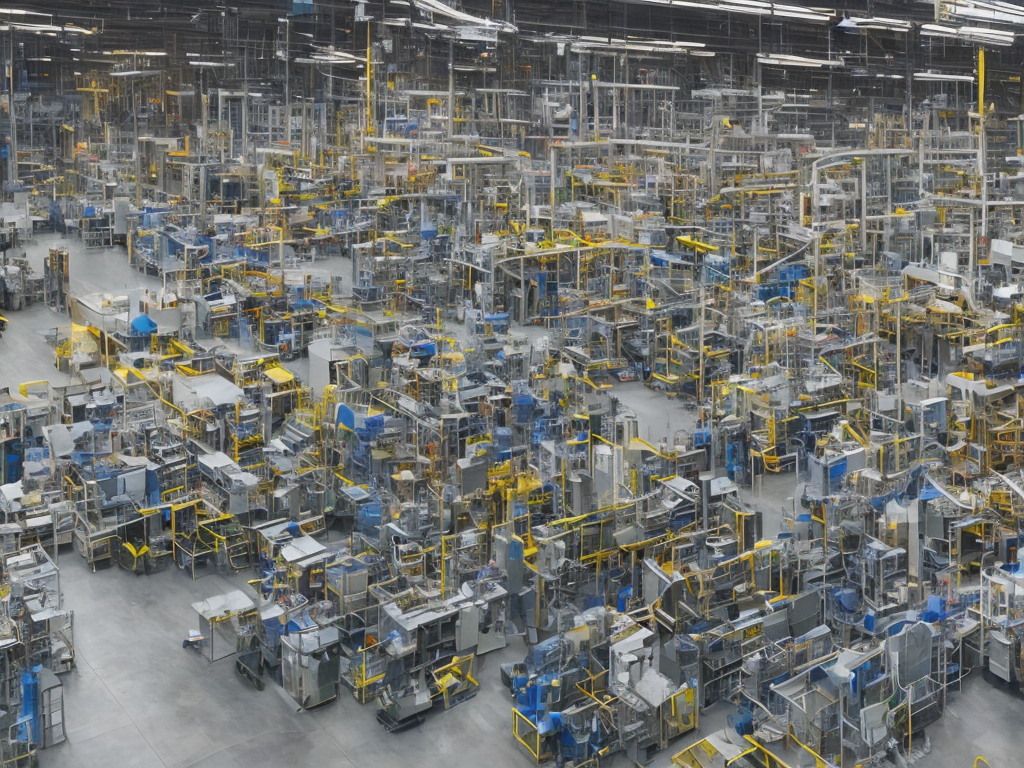
The concept of cost is fundamental to any business operation. It is the amount of money that a business has to spend on its daily operations or to manufacture a product. The cost of producing goods and services is one of the major factors that determine the profitability of a business. There are two types of costs, which are fixed costs and variable costs. Understanding the difference between these two costs plays a crucial role in making any financial decisions of a business.
Fixed Cost:
Fixed cost is the cost that does not change with respect to the level of production or sales. It is the cost that a business has to incur regardless of the quantity of goods or services produced. Fixed costs are expenses that a business has to pay even if it does not produce anything. Examples of fixed costs include rent, salaries, loan payments, insurance premiums, and property taxes. These costs remain constant, regardless of how many products a business produces or sells.
Fixed costs are also known as overhead costs because they are required to keep the business running. As the company expands, these expenses will increase, but they will remain constant on a per-unit basis. For instance, if a business opens a new store, it will have to pay rent for the space. The rent will be the same whether the store sells 10,000 or 100,000 products per month. Other examples of fixed costs are the salaries of the administrative staff, office rent, insurance premiums, and maintenance costs.
Variable Cost:
Variable cost is the cost that changes with the level of production or sales. It is the cost that a business incurs to produce a particular good or service. In other words, it is the cost that varies with the number of units produced. Variable costs increase or decrease as the level of production or sales varies. Examples of variable costs include the cost of raw materials, hourly wages, sales commissions, and production supplies. These costs vary depending on the quantity of goods or services produced.
Variable costs are also known as direct costs because they are directly related to the production process. A variable cost can be seen as a cost that increases as the level of production increases. For example, if a company produces 1000 units of a product, the cost of the raw materials will increase as more materials are required to produce more units. Similarly, the cost of labor will also increase as more workers are required to produce more units.
Fixed Cost Vs. Variable Cost:
Fixed costs and variable costs are both essential for a business. They are both different from each other and play different roles in the financial management of a business. Fixed costs are those which do not change with the level of production or sales, whereas variable costs change with the level of production or sales. Fixed costs are incurred whether a business produces or sells anything, whereas variable costs are incurred only when the business produces or sells something.
One of the main differences between fixed costs and variable costs is that fixed costs are more difficult to adjust quickly. Fixed costs are often long-term commitments, such as rent or loan payments, which are difficult to reduce immediately without penalties. On the other hand, variable costs are more flexible and can be adjusted quickly in response to changes in production or changes in demand.
Another major difference between fixed costs and variable costs is that fixed costs are allocated to the cost of the product or service based on a per-unit basis. This means that the more goods or services a business produces, the less the fixed cost is per unit. For example, a business that produces 1000 units of a product per month has a higher fixed cost per unit than a business that produces 10,000 units of the same product per month. Variable costs, on the other hand, are directly related to the production process and are allocated to the cost of the product or service according to the number of units produced.
In summary, fixed costs and variable costs are both important for a business. Fixed costs are those costs that do not change with the level of production or sales and are necessary for the day-to-day operation of a business. Variable costs are those costs that change with the level of production or sales and are important for the production of a particular good or service. Understanding the difference between these two types of costs is crucial for any business owner to make informed financial decisions.
 Self-Instruct
Self-Instruct